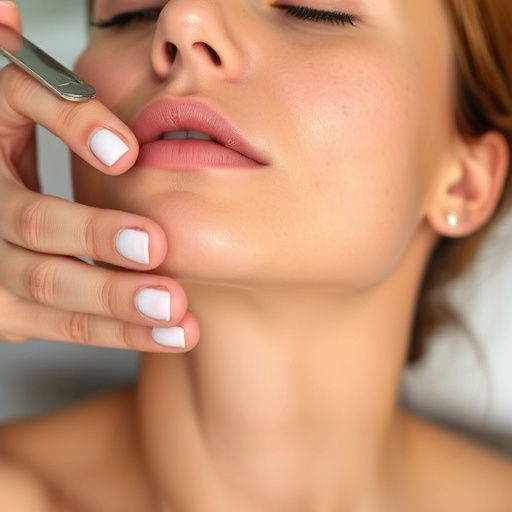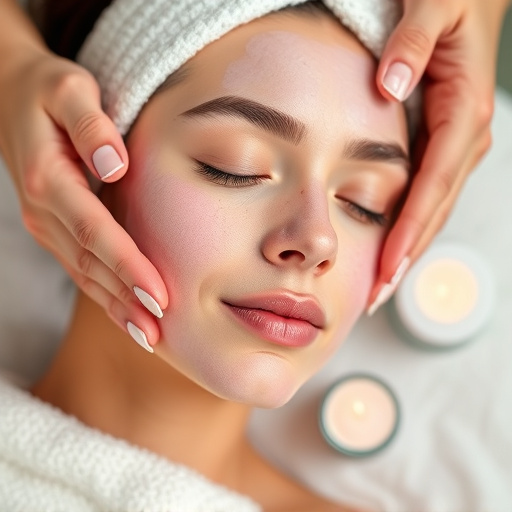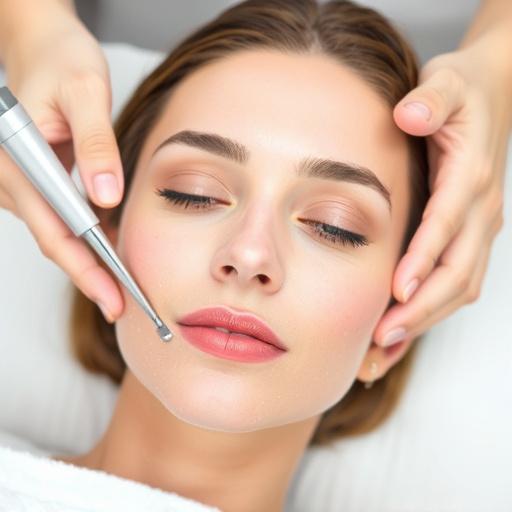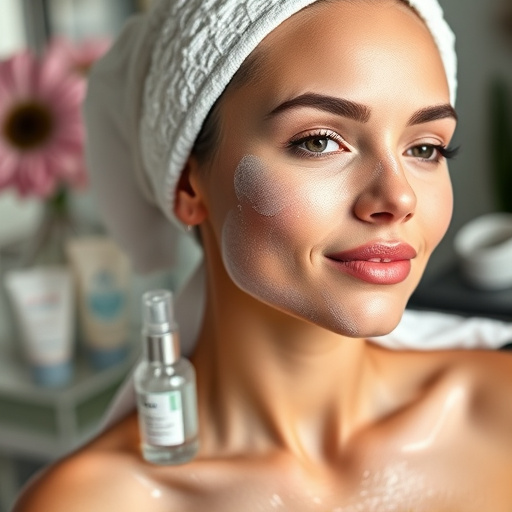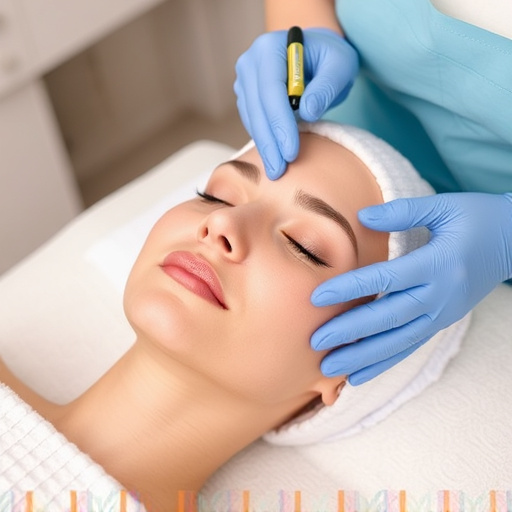Sun damage treatment involves preventing further harm with daily SPF and specialized procedures like chemical peels, laser resurfacing, and IPL to address wrinkles, age spots, and texture issues. Advanced therapies target discoloration, exfoliate skin, boost collagen production, and improve overall skin health.
Sun damage is a common concern, but understanding its impact and the available treatments can help restore your skin’s health. In this guide, we explore effective strategies to combat sun-induced skin issues. From daily topical solutions for prevention to advanced therapies for severe cases, discover top recommendations from dermatologists. Learn how to reverse and minimize sun damage, achieving a radiant, protected complexion. Explore these evidence-based treatments for the best sun damage treatment options.
- Understanding Sun Damage and Its Impact
- Topical Treatments for Daily Protection
- Advanced Therapies for Severe Cases of Sun Damage
Understanding Sun Damage and Its Impact

Sun damage is a common concern that can lead to premature aging and various skin issues. When we’re exposed to ultraviolet (UV) rays from the sun, it causes collateral damage to our skin cells, breaking down collagen and elastin fibers over time. This results in noticeable effects like wrinkles, age spots, and even changes in skin texture. Understanding these impacts is crucial when considering effective sun damage treatment strategies.
Dermatologists emphasize that preventing sun damage through consistent use of sunscreen with high SPF, protective clothing, and avoiding peak sun exposure is ideal. However, for existing damage, specialized treatments like chemical peels, laser hair removal (for uneven skin tone), or body contouring procedures can be recommended to rejuvenate the skin. These procedures address specific issues, from removing damaged outer layers to stimulating collagen production, offering a range of solutions tailored to individual needs.
Topical Treatments for Daily Protection

Sun damage treatment begins with daily protection. Topical treatments, such as broad-spectrum sunscreens with an SPF of 30 or higher, are essential to preventing further harm. These products create a protective barrier on the skin, shielding it from harmful UV rays that can cause aging and even cancer. Incorporating a professional skincare routine that includes these defenses is crucial for maintaining healthy, youthful skin.
Many dermatologists also recommend chemical peels as part of a sun damage treatment regimen. While not a replacement for sunscreen, peels can help address existing damage by removing the top layer of skin, which reveals smoother, more even-toned skin beneath. Additionally, treatments like acne clearing regimens can aid in healing sun-damaged skin, offering a multi-faceted approach to repairing and protecting against future sun damage.
Advanced Therapies for Severe Cases of Sun Damage

For severe cases of sun damage, dermatologists recommend a combination of advanced therapies that go beyond traditional sun damage treatment methods. These include intense pulsed light (IPL) therapy, which targets and breaks up discolored spots caused by sun exposure, as well as chemical peels, that exfoliate the skin to reduce pigmentation and improve texture.
In terms of aesthetic treatments, microdermabrasion and laser resurfacing are also effective options. Microdermabrasion gently sands away surface layers of damaged skin, while laser resurfacing uses a focused beam to stimulate collagen production and smooth out wrinkles. In addition to these advanced procedures, dermatologists often recommend tailored skincare routines featuring hydrating facials to replenish moisture lost due to sun damage, further enhancing the skin brightening effects and overall skin health.
Protecting your skin from the sun is a lifelong commitment, but with the right strategies and treatments, repairing and preventing sun damage is achievable. From daily topical applications to advanced therapies, there are numerous options available. By understanding sun damage and its impact, you can make informed decisions about your skincare routine. Remember, consistent use of sunscreen, along with targeted treatments, is key to maintaining healthy skin and minimizing the signs of sun damage over time.
